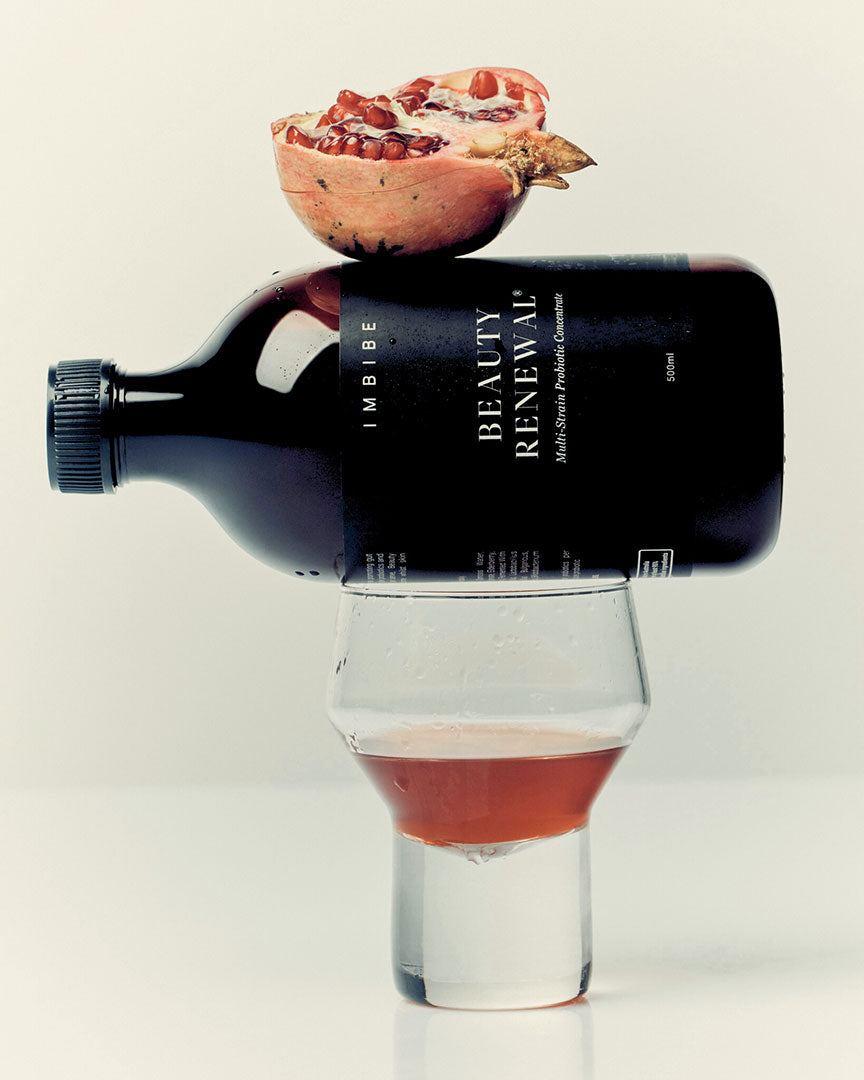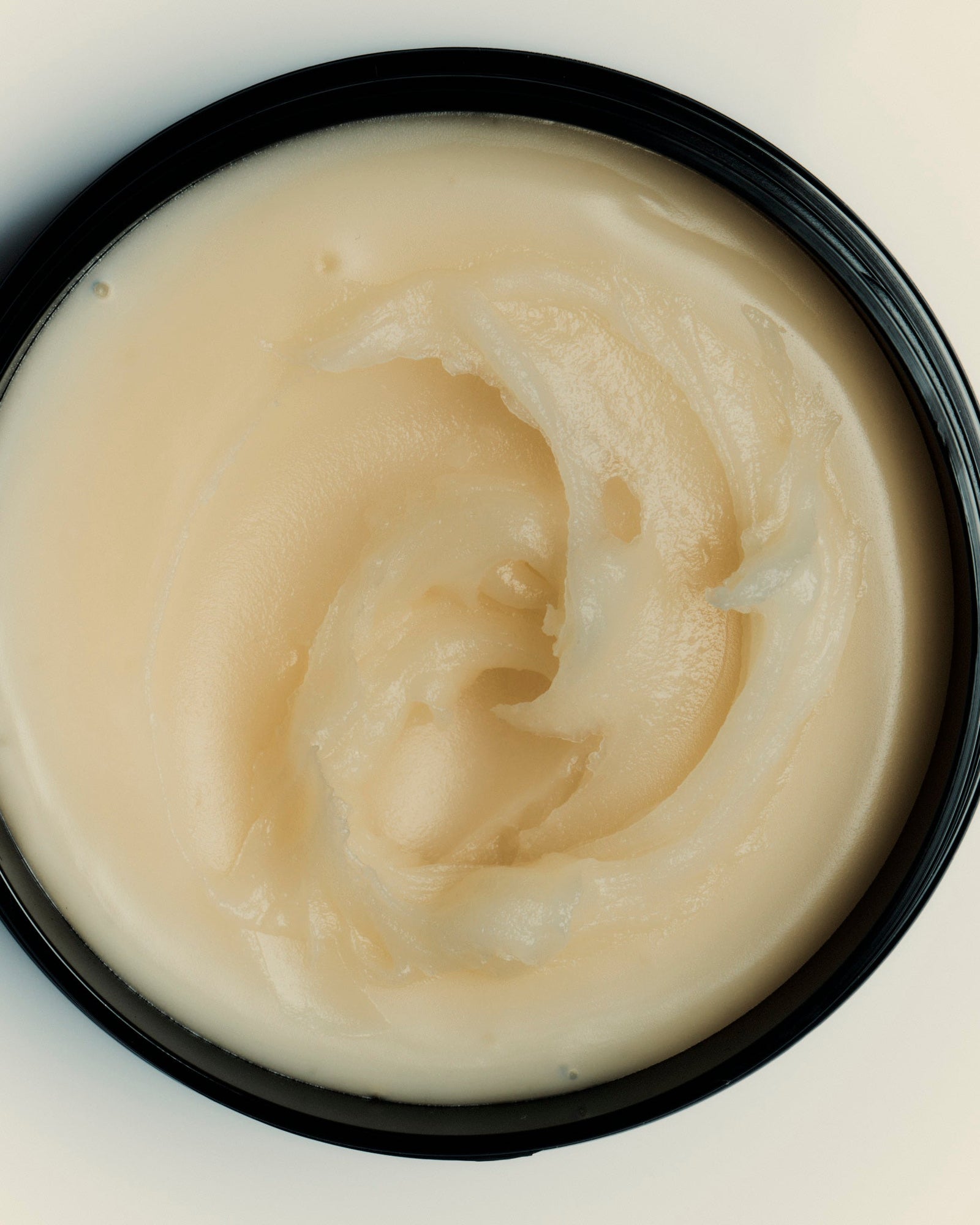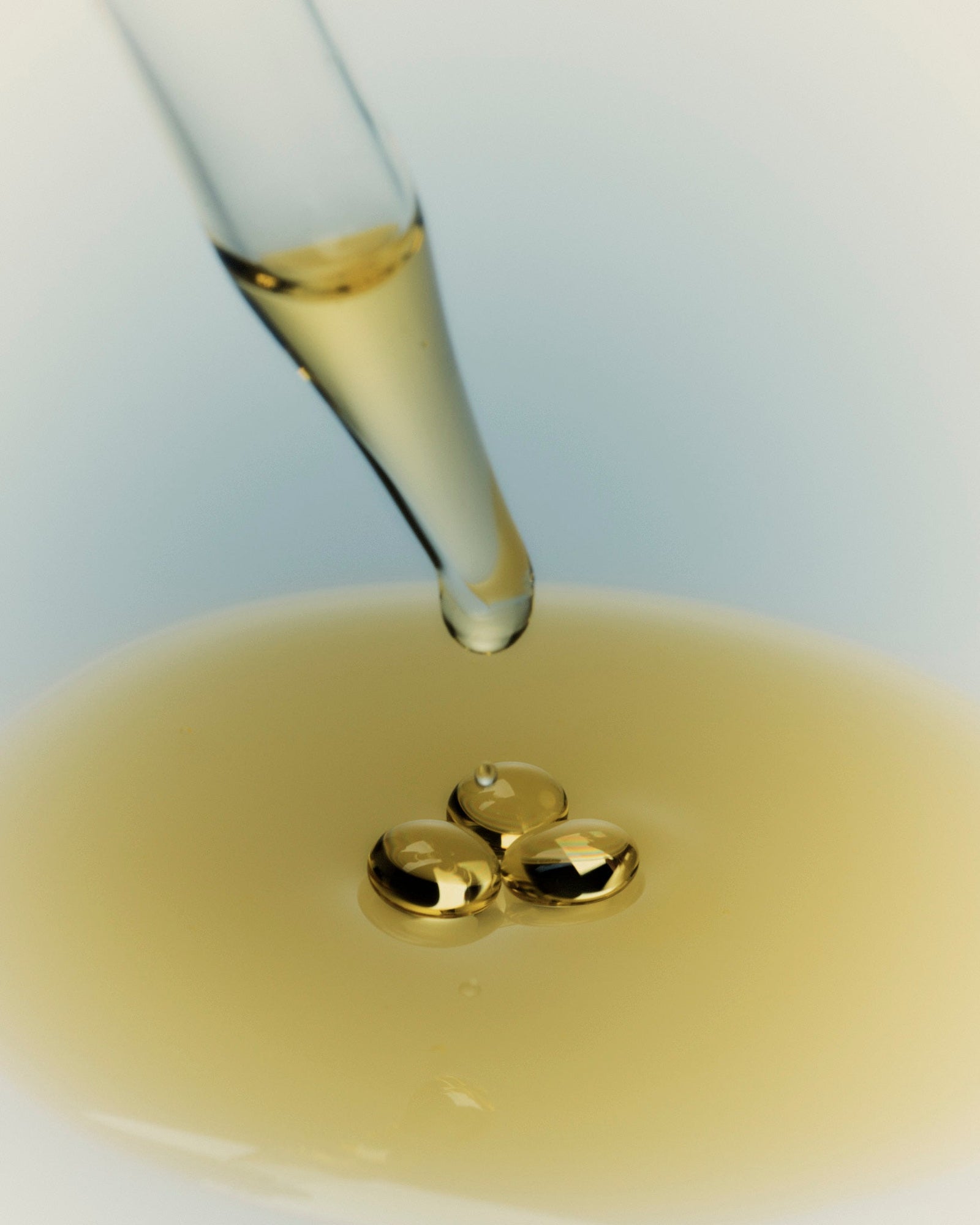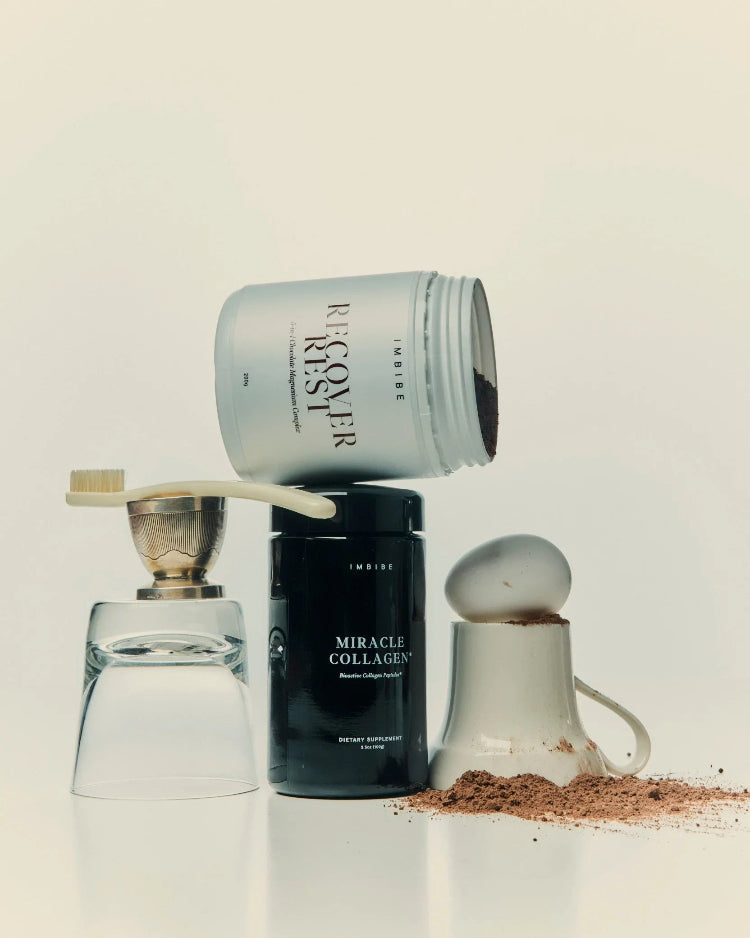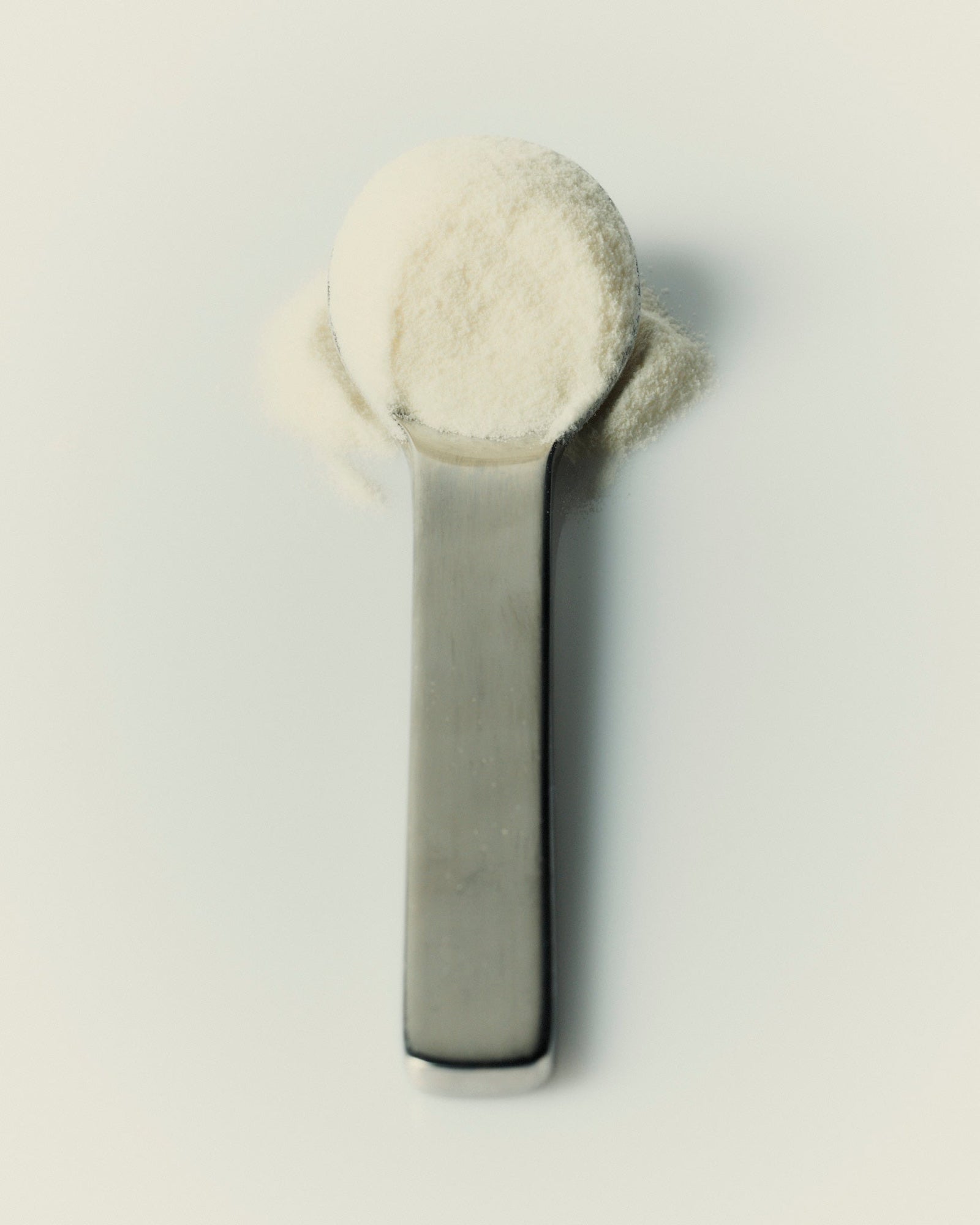
Written by Jessica Hoskins, BHSc, Clinical Nutritionist & Herbalist.
Cold, flu season is well and truly upon us in the southern hemisphere, and now is the time to support the integrity of your immune system. Made up of a network of organs, cells, and proteins, your immune system protects you from potential viruses, bacteria, and pathogens- all of which you are continually exposed to at any time of the year. The integrity of your immune system will determine whether or not these organisms lead to illness so here are three ways you can support it:
01. Nurture your gut
Around 70% of your immune system resides in your gut. So, caring for your gastrointestinal system first and foremost will help to promote a robust and healthy immune response. There are two main ways in which you can bolster your immune system via your gut; the first is by supporting the lining of the gastrointestinal tract (GIT), and the second is by encouraging a healthy and flourishing microbiome.
A healthy and intact mucosal layer is the first defence against pathogens and will reduce your risk of illness. Nutrients that have been shown to have a beneficial effects on the GIT mucosal lining include the dietary fibre pectin (easily obtained by eating stewed apples), and glycine, the most abundant amino acid that can be found in collagen peptides (abundant in bone broths and quality collagen products).
The mushroom Tremella has also been shown to have a protective and anti-inflammatory effect in the gut, while promoting the growth of good bacteria.
Your microbiome is constantly working to protect your health and the more diversity you have, the healthier you are likely to be. Encourage a thriving microbiome with prebiotic foods (such as: asparagus, garlic, onions, leek, and artichoke) and consuming a variety of probiotic sources (such as: yoghurt, sauerkraut, miso, and functional foods/ supplements with multiple strains of bacteria).
Encourage a thriving microbiome with prebiotic foods
02. Nourish with nutrients
An abundance of fresh produce will help you receive a variety of vitamins and minerals needed to support a healthy immune system. We all know that vitamin C is important for immune function, so consciously increasing foods such kiwi, red capsicum, pomegranate, berries and cruciferous vegetables is a great place to start. Also include sources of zinc (i.e: lamb, pumpkin seeds and hemp seeds), selenium (i.e: brazil nuts, salmon, turkey), as well as sulphur rich foods (i.e: garlic, onions, broccoli, kale and cauliflower).


To further enhance your healthy diet, you can also include food based supplements and herbs that support immune health. One favourite is elderberry (sambucus nigra), which is rich in vitamin C and important antioxidants and has been shown to effectively treat upper respiratory symptoms, and reduce the severity and duration of flu.
An abundance of fresh produce will help you receive a variety of vitamins and mineral needed to support a healthy immune system
03. Curb your sugar
Sugar has an immediate effect on the immune system and can impair immune function for a number of hours. Immune cells prefer to take up glucose when blood sugar is high, and as a result, their ability to take up pathogens or bacteria is significantly reduced. Even a small spike in sugar will have some effect on reducing immune system function. You can help sustain stable blood sugar by not only by reducing sugar intake, but also starting your meals with fibre rich vegetables, and including protein and healthy fat with every meal and snack.
References
Demling, R. (2009, February). Nutrition, Anabolism, and the Wound Healing Process: An Overview. Eplasty, 9, e9.
Heimer, K., Hart, A., Martin, L., & Rubio-Wallace, S. (2009, May). xamining the evidence for the use of vitamin C in the prophylaxis and treatment of the common cold. American Academy of Nurse Practitioners, 21(5), 295–300.
Sasazuki, S. S. (2006). Effect of vitamin C on common cold: randomized controlled trial. European Journal of Clinical Nutrition, 60, 9-17.
Sidor, A., & Gramza-Michałowska, A. (2015, October). Advanced research on the antioxidant and health benefit of elderberry (Sambucus nigra) in food – a review. Journal of Functional Foods, 18(B), 941-958.
Szentirmai, É., Millican, N.S., Massie, A.R. et al. Butyrate, a metabolite of intestinal bacteria, enhances sleep. Sci Rep 9, 7035 (2019). https://doi.org/10.1038/s41598-019-43502-1
Takahashi, Kazue & Chang, Wei-Chuan & Moyo, Patience & White, Mitchell & Meelu, Parool & Verma, Anamika & Stahl, Gregory & Hartshorn, Kevan & Yajnik, Vijay. (2011). Dietary sugars inhibit biologic functions of the pattern recognition molecule, mannose-binding lectin. Open Journal of Immunology. 1. 41-49. 10.4236/oji.2011.12005.
Bone, K. (2003). A Clinical Guide To Blening Liquid Herbs: Herbal Formulations for the Individual Patient. St. Louis, Missouri: Elsevier.
Whitney, E. e. (2011). Understanding Nutrition (Australian & New Zealand Edition ed.). Melbourne: Cengage Learning Australia.
Zakay-Rones Z, Thom E, Wollan T, Wadstein J. Randomized study of the efficacy and safety of oral elderberry extract in the treatment of influenza A and B virus infections. J Int Med Res. 2004 Mar-Apr;32(2):132-40. doi: 10.1177/147323000403200205. PMID: 15080016.
Zheng, D., Liwinski, T. & Elinav, E. Interaction between microbiota and immunity in health and disease. Cell Res 30, 492–506 (2020). https://doi.org/10.1038/s41422-020-0332-7
Zhong, Z., Wheeler, M. D., Li, X., Froh, M., Schemmer, P., Yin, M., . . . Lemasters, J. J. (2003, March). L-Glycine: a novel antiinflammatory, immunomodulatory, and cytoprotective agent. Current opinion in clinical nutrition and metabolic care, 6(2), 229–240.

